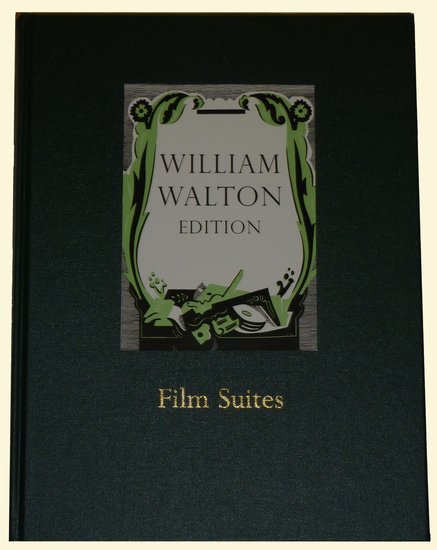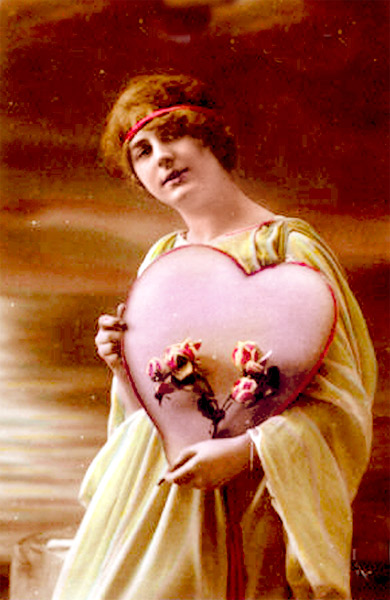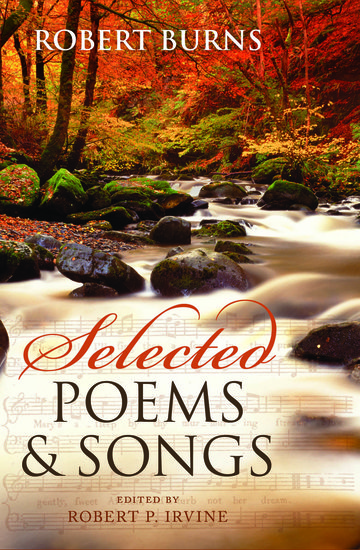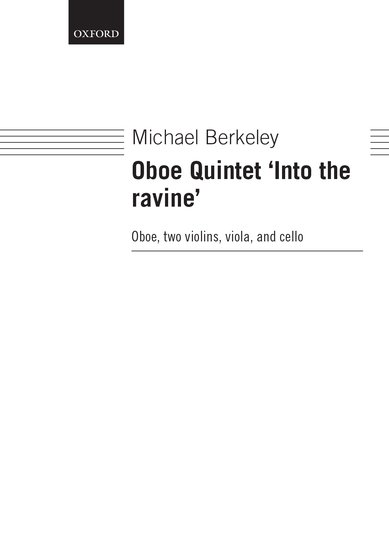The world of Jane Austen [timeline]
Jane Austen was a British author whose six novels quietly revolutionized world literature. She is now considered one of the greatest writers of all time (with frequent comparisons to Shakespeare) and hailed as the first woman to earn inclusion in the established canon of English literature. Despite Austen’s current fame, her life is notable for its lack of traditional ‘major’ events. Discover Austen’s world, and its impact on her writing ….












